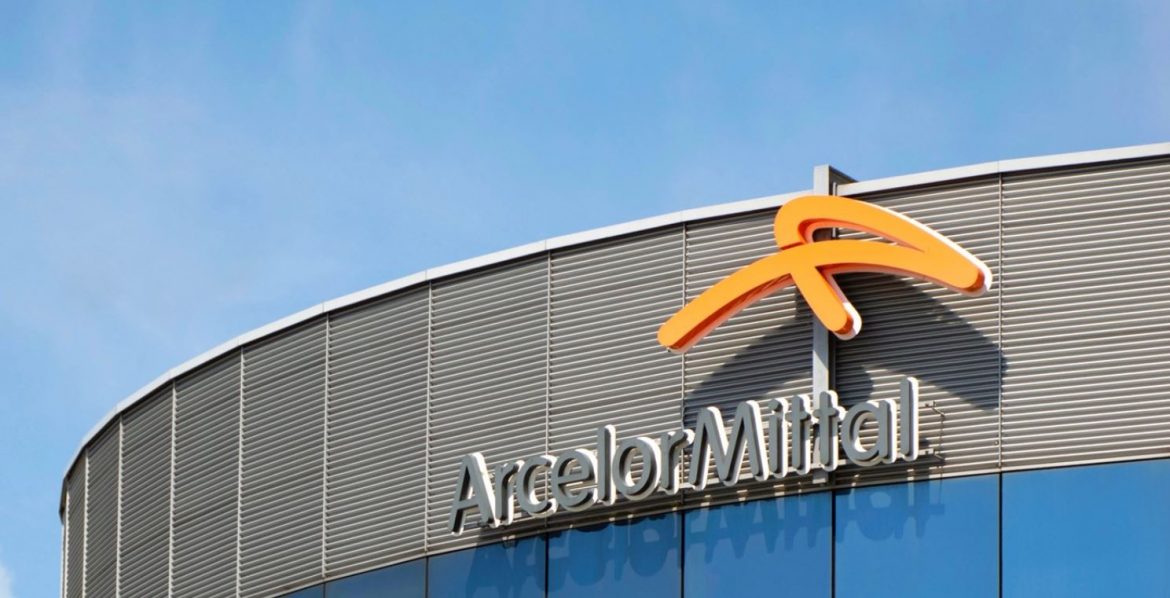ArcelorMittal, the global leader in steel and mining, has successfully ended a 55-day blockade at one of its Mexican sites. The resolution follows the approval of a new settlement by workers, which includes an 8% pay increase and a review of their collective bargaining agreement.
Workers’ protest and blockade
The protest, which began in late May, was driven by dissatisfaction with the company’s decision regarding the annual profit distribution for 2023.
The blockade resulted in a complete halt of all activities at the site, impacting both direct and indirect suppliers and their workers.
ArcelorMittal, in its statement, expressed regret over the disruption caused by the work stoppage.
The company had previously deemed the strike illegal, citing the failure to adhere to proper conciliatory processes.
Settlement details and workers’ approval
The newly approved settlement addresses several worker grievances and includes:
8% Retroactive Pay Increase: Workers will receive an 8% increase in their salaries, retroactive to the start of the dispute.
Stimulus Payment: Each worker will receive a stimulus payment of 60,000 pesos (approximately $3,336).
Additional Benefits: The settlement also includes food vouchers, back pay, and the engagement of a reputable tax firm to verify any unpaid profit-sharing differences.
The overwhelming support from workers for this settlement marks a significant step towards resuming operations at the site. ArcelorMittal has indicated that restart protocols will soon be implemented.
Economic impact and company performance
The blockade’s resolution is expected to alleviate the economic strain on both the company and the affected supply chains. ArcelorMittal, which is one of the world’s largest steel and mining companies, reported over $68 billion in sales last year. The interruption of operations had the potential to significantly impact its financial performance and market position.
With the blockade lifted and a new settlement in place, ArcelorMittal can now focus on stabilizing its operations in Mexico. The company’s commitment to addressing the workers’ concerns and ensuring fair profit distribution is a positive step towards fostering better industrial relations.
Broader implications for labor relations
This incident highlights the importance of effective communication and negotiation between employers and employees. The resolution of the blockade underscores the value of addressing workers’ concerns through structured and fair processes.
For ArcelorMittal, the new settlement not only resolves the immediate crisis but also sets a precedent for handling future disputes.
The engagement of a reputable tax firm to review profit-sharing discrepancies further demonstrates the company’s commitment to transparency and fairness. This move could serve as a model for other companies facing similar issues, emphasizing the need for third-party verification in resolving financial disputes.
What’s next?
As ArcelorMittal prepares to resume operations, the focus will likely shift towards ensuring smooth and efficient restart procedures. The company’s ability to swiftly implement the new settlement terms and restore normalcy will be crucial in maintaining workforce morale and operational stability.
The resolution of the blockade is a testament to the effectiveness of collective bargaining and negotiation in addressing industrial disputes. It also reinforces the importance of fair compensation and transparent profit-sharing practices in maintaining harmonious labor relations.
ArcelorMittal’s experience in Mexico could provide valuable insights for other multinational corporations dealing with similar challenges. The successful resolution of the blockade without further escalation highlights the potential for peaceful and constructive solutions to labor disputes.
The post ArcelorMittal resolves 55-day Mexican blockade with 8% pay hike and new settlement appeared first on Invezz
